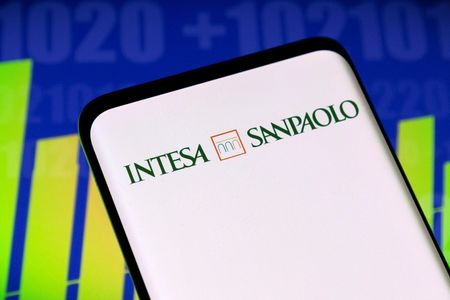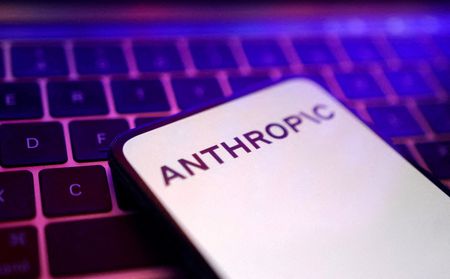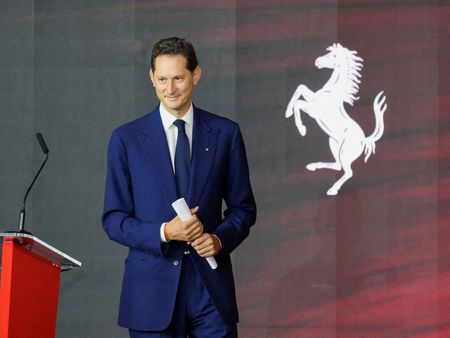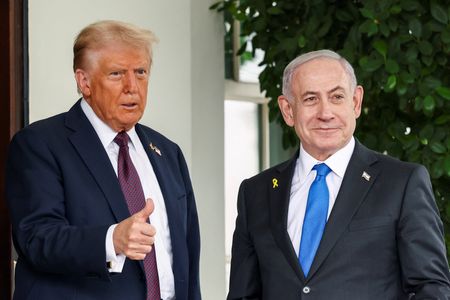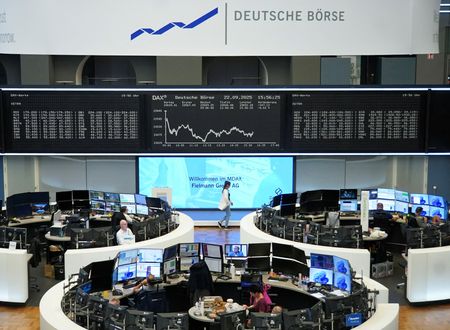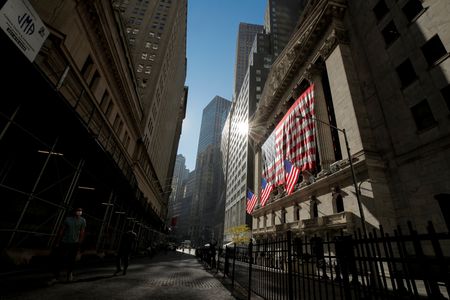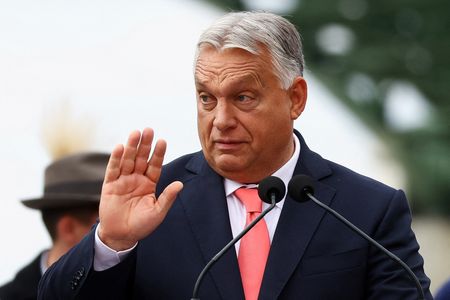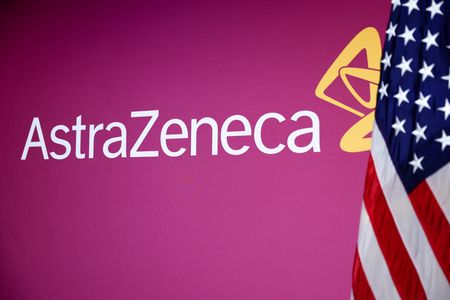MILAN (Reuters) -Intesa Sanpaolo’s asset management business has reached a reasonable size, the head of the Italian bank’s wealth management division said on Monday, when asked about potential interest in a tie-up with rival Generali Investments Holding.
“I’ll repeat first what our CEO said in relation to the current consolidation wave (in Italian finance): we’re not working on any transaction,” Corcos told a press conference.
Italian insurer Generali and France’s BPCE have recently extended to the end of the year talks to combine their respective asset management arms, GIH and Natixis, scrapping any break-up fees.
With a deal seen as increasingly at risk given Italy’s opposition and changes in Generali’s shareholder base which boost the hand of two investors who have criticised the prospect, an Italian newspaper at the weekend reported Generali may focus on talks with Intesa instead.
Asked about the report, Intesa Sanpaolo’s wealth management head Tommaso Corcos played down the need for such a deal.
“We’ve reached a size that allows us to navigate well also in choppy waters,” he said.
The asset management industry is seen as in need of consolidation to cut costs and protect profit margins, under threat from cheaper passive products.
Corcos however said his division, which manages 900 billion euros ($1.1 trillion) in assets and also comprises insurance and private banking, was in a position to continue to deliver significant growth.
With a cost-to-income ratio of 25%, the unit fares well in international comparisons, he added.
After breaking ground in 2020 with its hostile takeover of smaller rival UBI, Intesa has steered clear of the current merger and acquisition wave sweeping Italian banking.
“This very building is a reminder that we were ahead of the curve,” Corcos said during a presentation in a skyscraper that once belonged to UBI.
Intesa CEO Carlo Messina has described Italy’s current M&A round as “a wild West”, and vowed to keep Intesa out of it.
Italy’s biggest bank is due to present a new business plan in February.
($1 = 0.8522 euros)
(Reporting by Valentina Za, editing by Gavin Jones and Jan Harvey)

